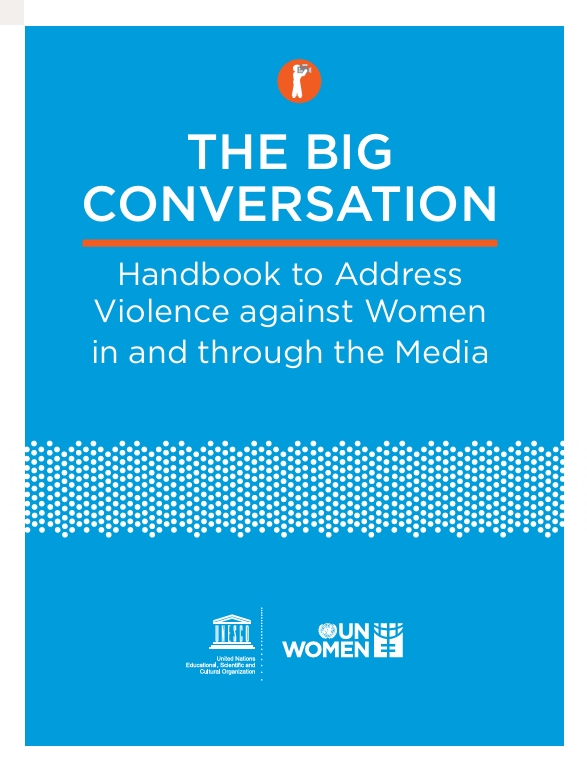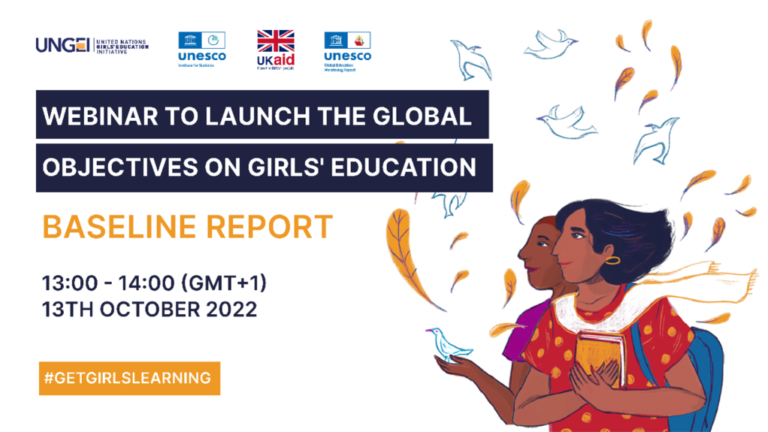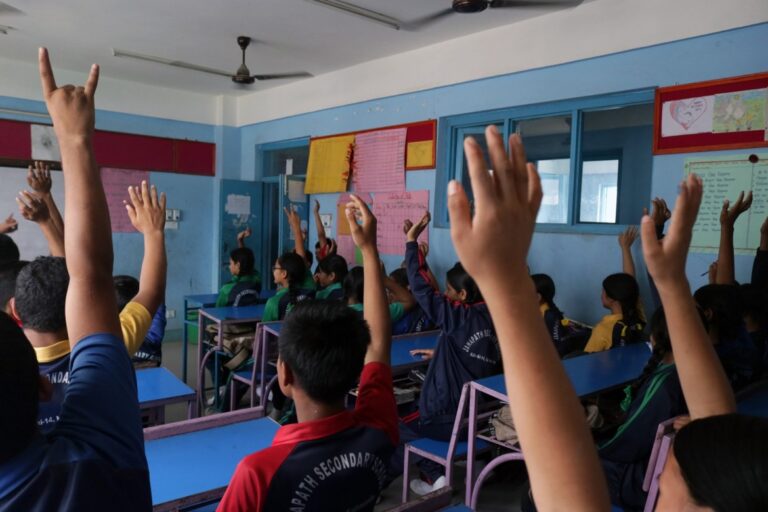Story Source: The Tribune ~ Go to Original Article
New Delhi, September 23
Though girl enrolment in higher education is improving steadily, boys still outnumber girls in enrolment across most levels.
The All-India Survey of Higher Education published by the UGC last week shows the ratio of boys is higher than girls at almost every level of education, except M Phil, post graduate and certificate courses.
In broader terms, the student enrolment at the undergraduate level has 51 per cent boys and 49 per cent girls. The data reveals diploma too has a skewed gender distribution, with 66.8 per cent boys and 33.2 per cent girls. At the level of research streams also, male students outnumber females. In PhD courses across the country, there are 56.18 per cent boys and 43.82 per cent girls………………..






